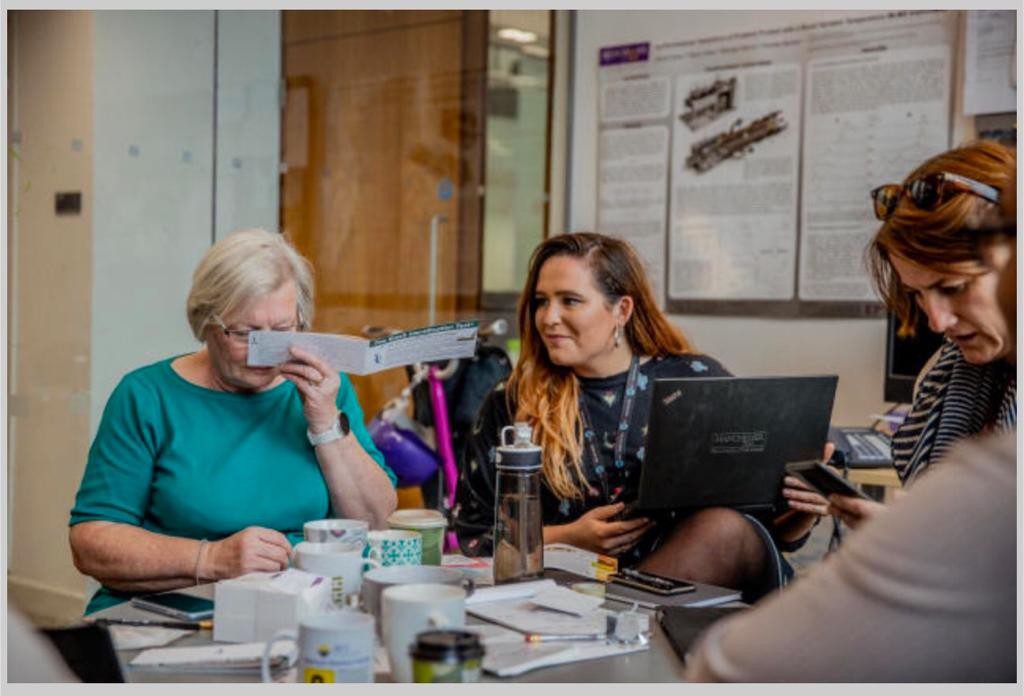Degenerative brain conditions, most commonly seen in dementia, Alzheimer’s, or Parkinson’s disease, can be very damaging to patients and caretaking family members. The intense emotional toll of an individual losing their memory or brain function makes breakthroughs in researching these diseases especially important. Joy Milne, a retired Scottish nurse, knows this all too well, and her unique sense of smell may have led to a discovery in the fight against Parkinson’s.
Researchers at the University of Manchester say they have made significant progress in creating a rapid test for the disease. Their study was published in September in the “Journal of the American Chemical Society.” This work could potentially eliminate the years-long backlog in patient testing in places like the U.K.
The scientists were helped by Milne, an unlikely ally with the rare ability to detect the condition by smell.
Now 72, Joy long believed that something was off with her late husband Les before he was diagnosed with Parkinson’s. About 12 years earlier, Milne began to tell Les that he was giving off a distinct but unknown odor.
The couple continued for more than a decade of confusion until Les’ eventual diagnosis when the first trip to a Parkinson’s support group resulted in Milne smelling a more pronounced version of that same odor.She was the only person who claimed to be able to smell anything and went years without hearing any official feedback on an explanation.
That all changed when Joy came into contact with the University of Manchester. The team has since worked with her on a theory surrounding sebum, the chemical secreted by our skin that gives it that oily effect. If Joy possessed a rare genetic trait that allowed her to “smell” Parkinson’s, the answer would be in that oily substance, said the researchers. So they gathered sebum samples from 150 people — 79 who had Parkinson’s in varying stages and a control group of 71 — and analyzed them.
The Manchester team used mass spectrometry to break down the samples. They contained roughly 4,000 different compounds, with as many as 500 compounds unique to the participants who had the disease. Researchers expressed shock and excitement, including Prof. Perdita Barran, who said a proven test for the public could be “transformative.”
The findings still need to be validated in a clinical lab before the test can be used with patients. “At the moment, we have developed it in a research lab, and we are now working with colleagues in hospital analytical labs to transfer our test to them so that it can work within an NHS environment,” she told the BBC.





